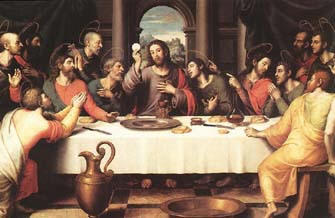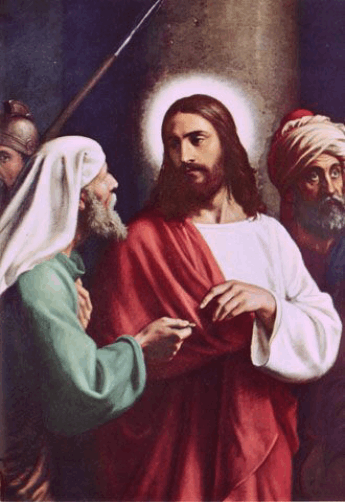In the midst of danger and destruction
Fire and earthquakes destroying cities and whole regions.
Today’s readings tell us of these terrible things.
But they also tell us of how faithful people found salvation in the midst of danger and destruction.
In the first reading (Genesis 19:15-29), as utter disaster is about to fall, Lot asks God and God grants him a small place of refuge from fiery catastrophe.
In the Gospel (Matthew 8:23-27), the disciples ask our Lord and He calms the winds and the sea that had frightened them to death.
These moments of salvation did not mean everyone lived happily ever after: Lot’s life would quickly descend into embarrassment and nearly all of the disciples would go on to die horrible deaths.
Yet the disciples remained faithful to the end and by the grace of God would enter into eternal salvation and joy.
Likewise we in our own lives may have storms and disasters (physical and otherwise), but if we remain faithful by the grace of our Lord and Savior Jesus Christ we too may enjoy salvation and eternal joy.
As Saint Paul said in yesterday’s second reading (2 Timothy 4:6-8, 17-18):
The Lord will rescue me from every evil threat
and will bring me safe to his heavenly Kingdom.
To him be glory forever and ever.
Amen.
 A Penitent Blogger
A Penitent Blogger







